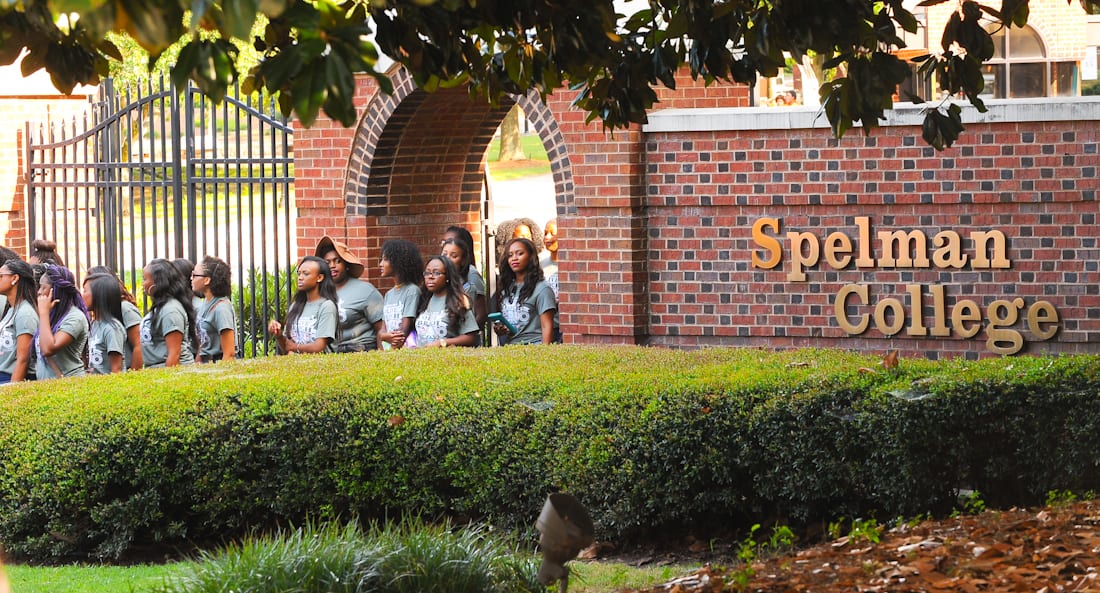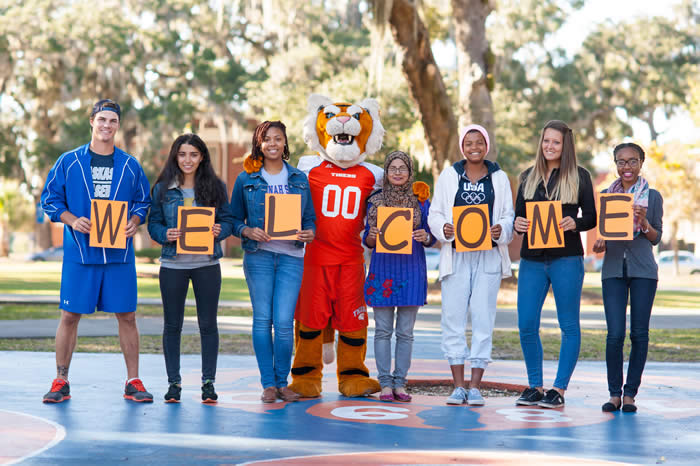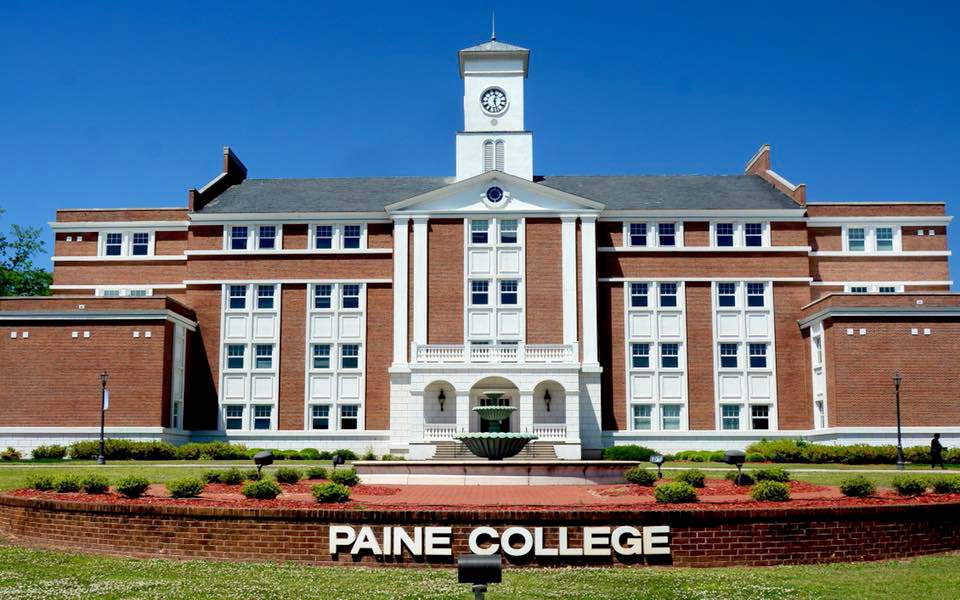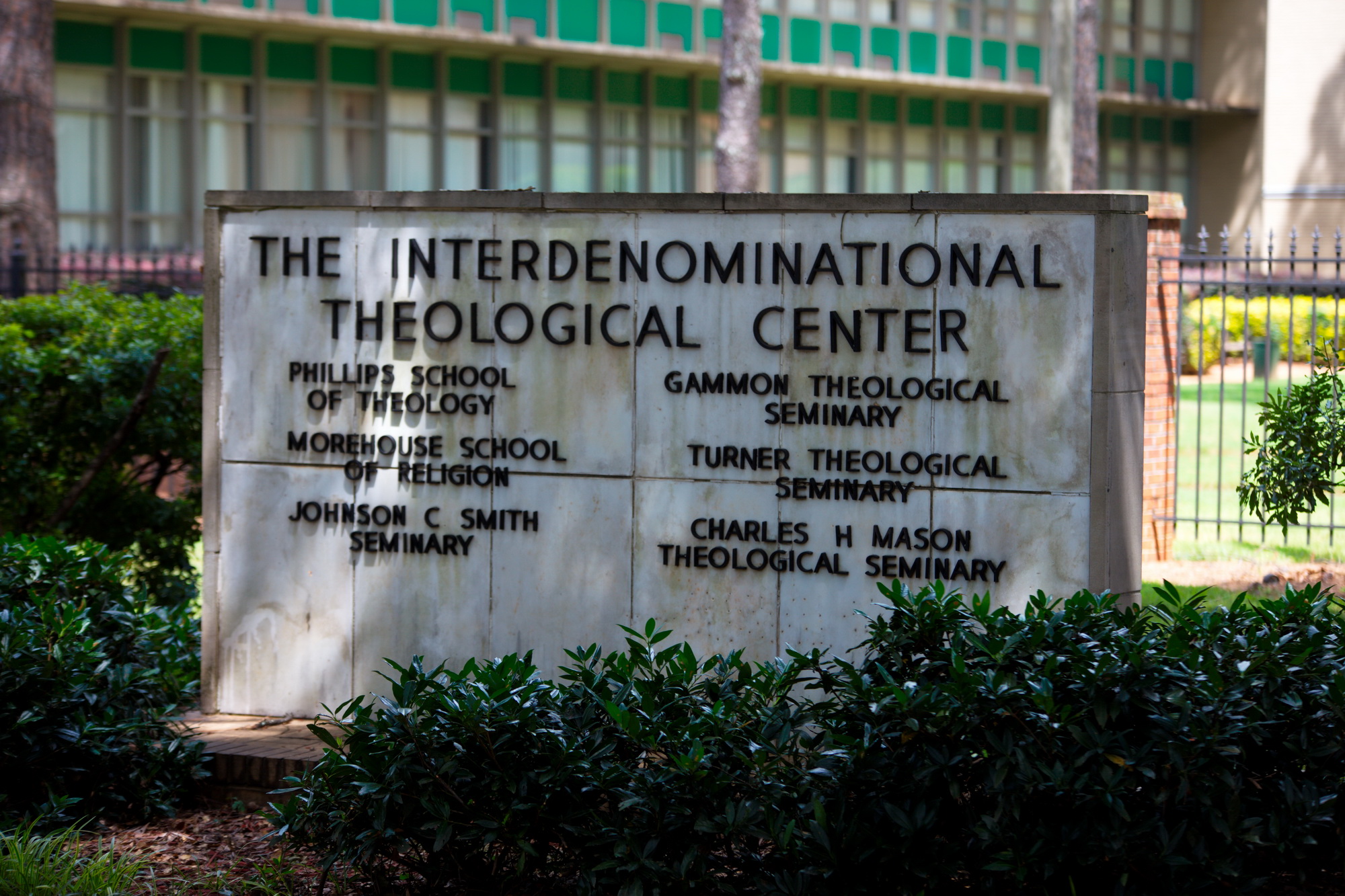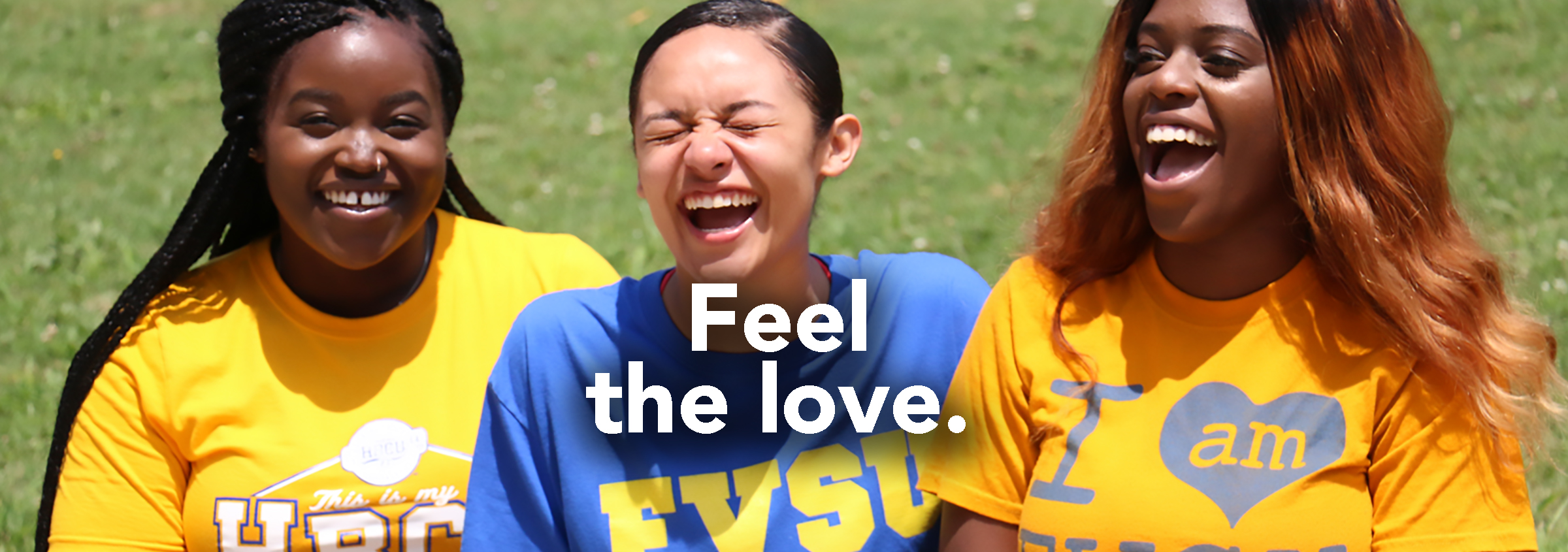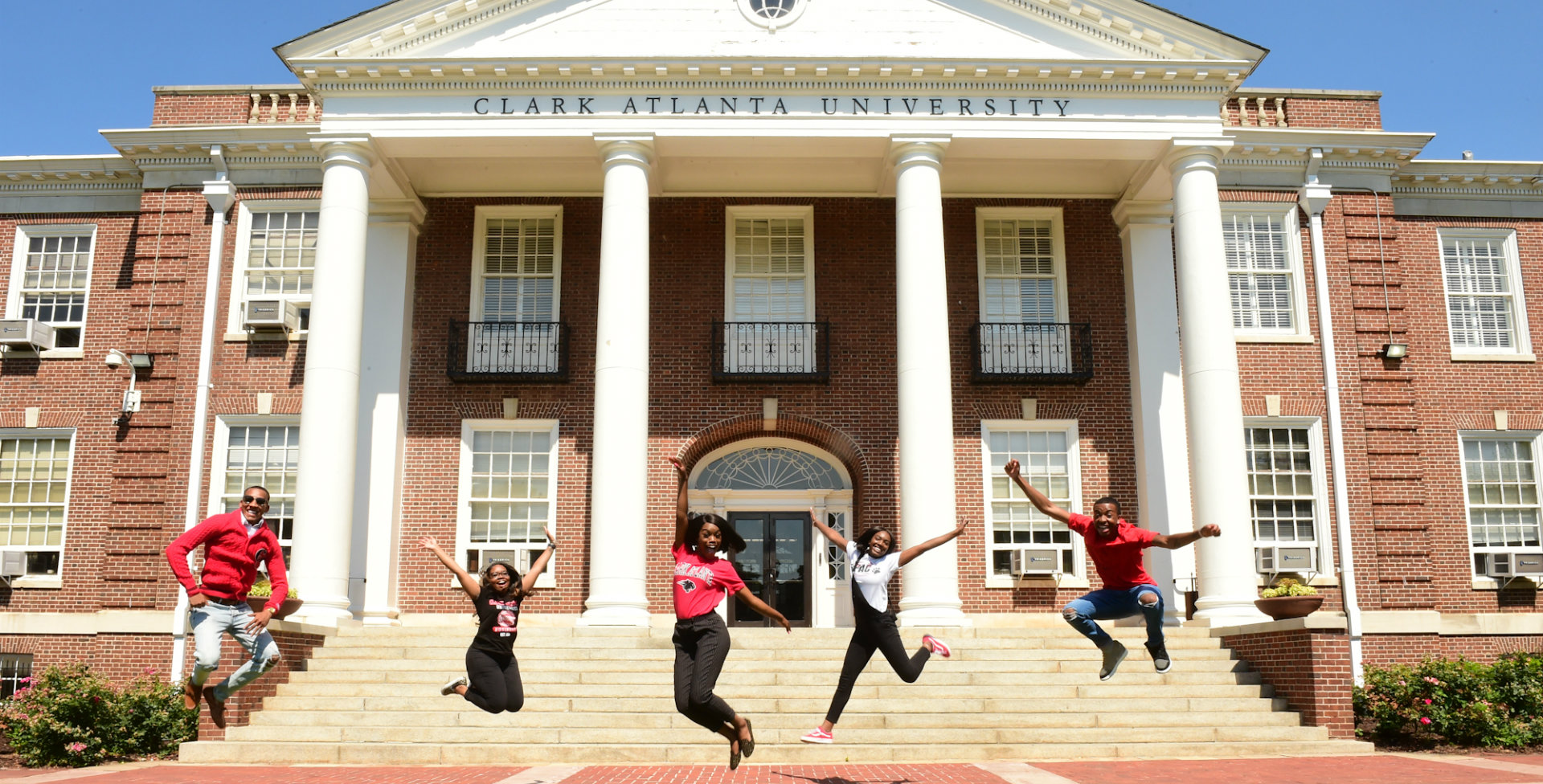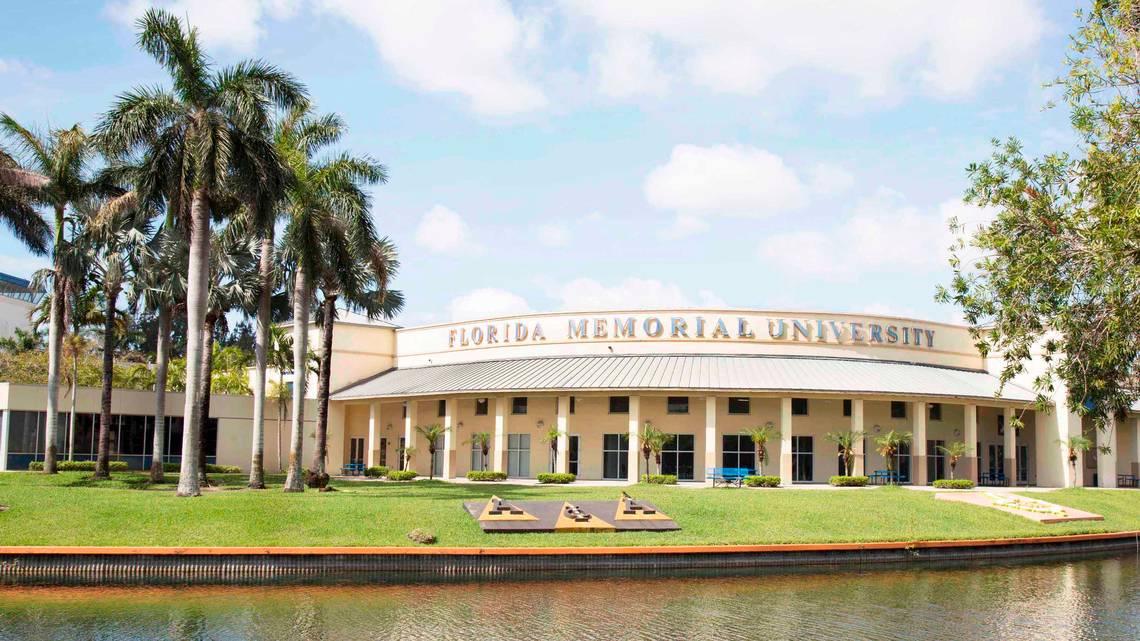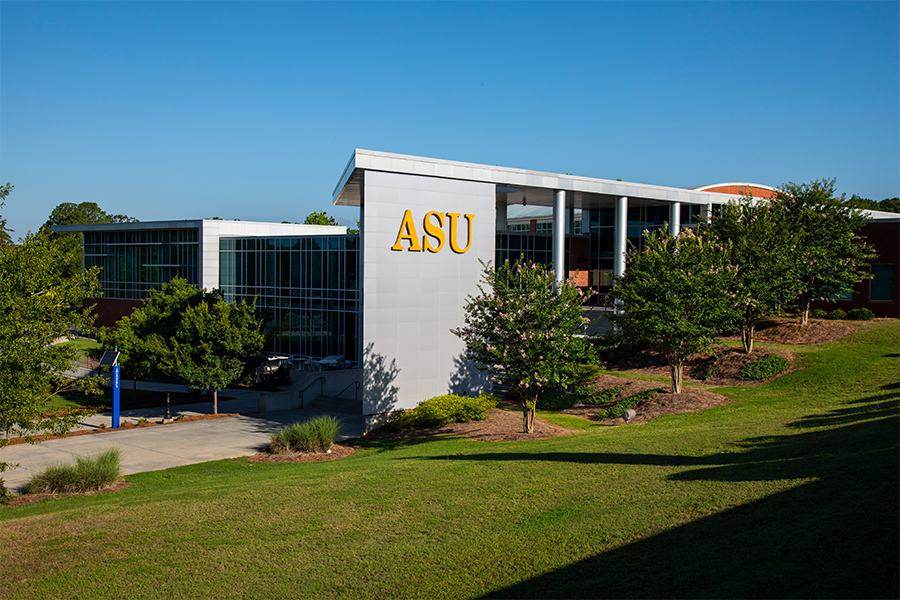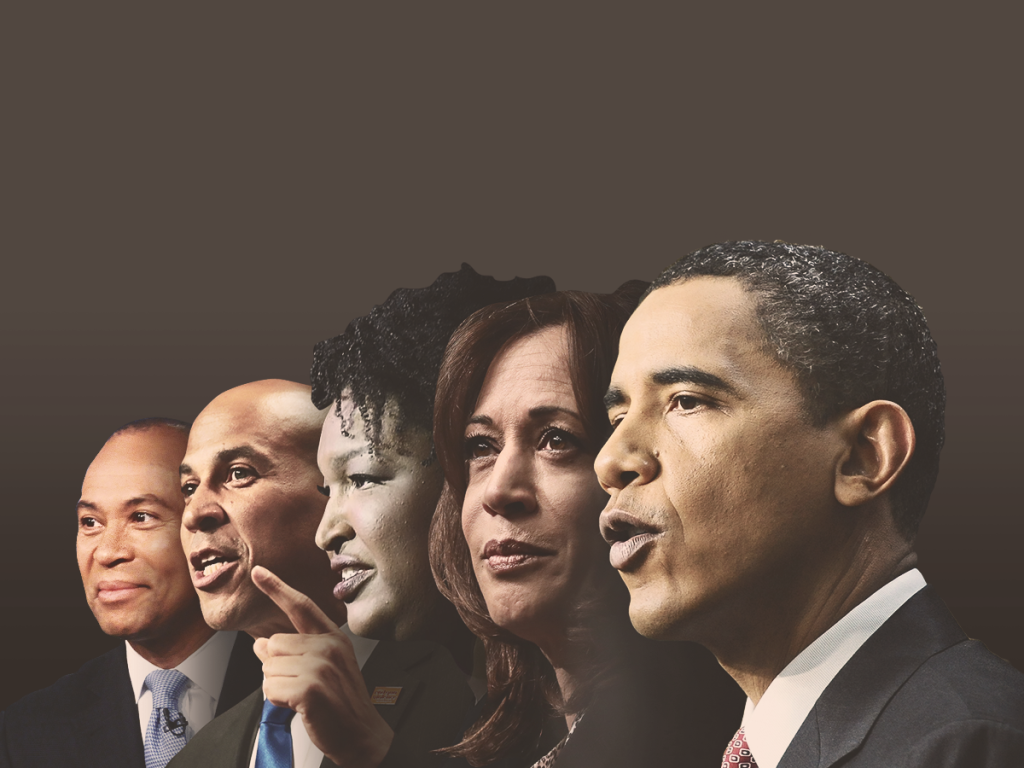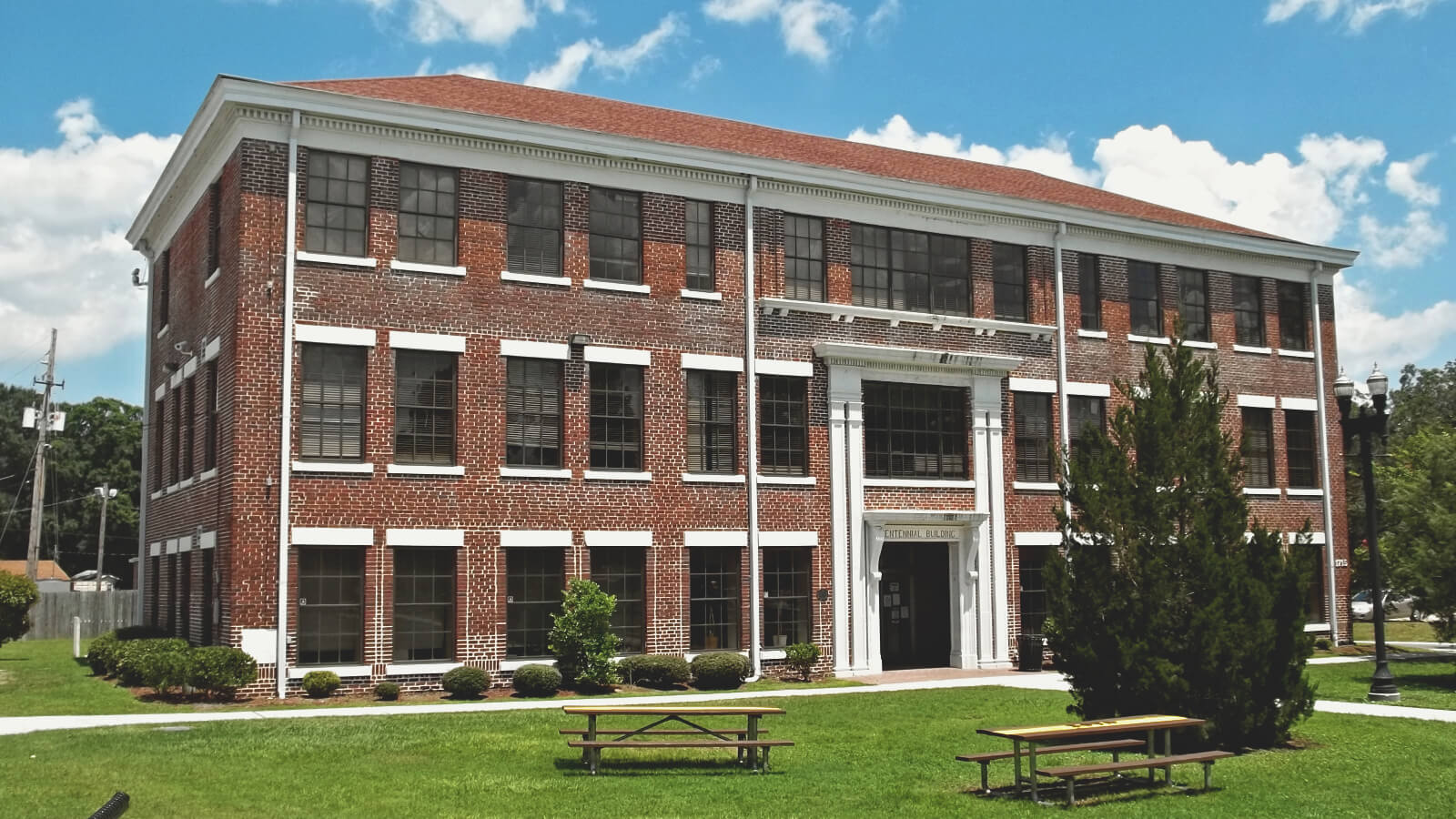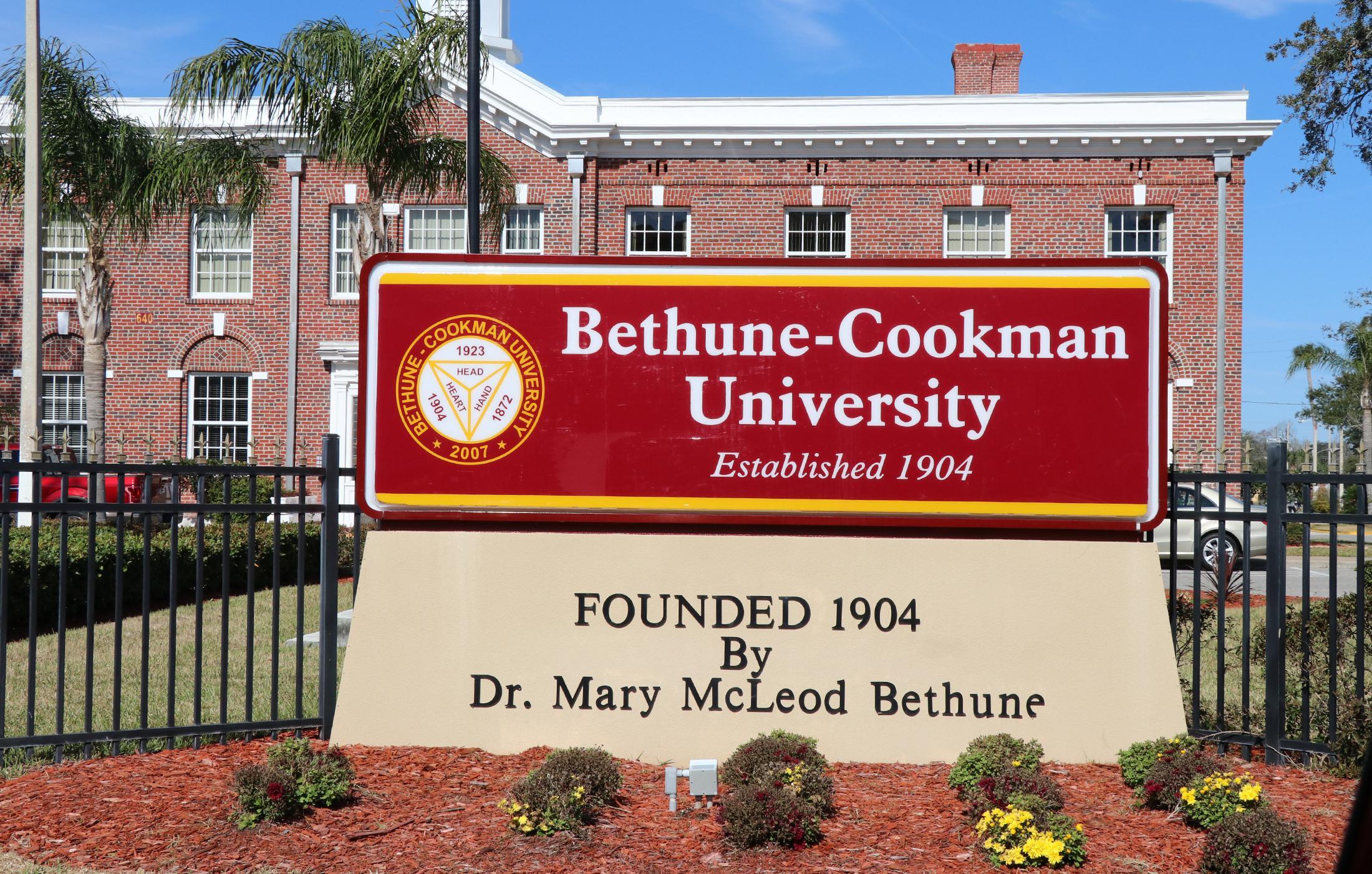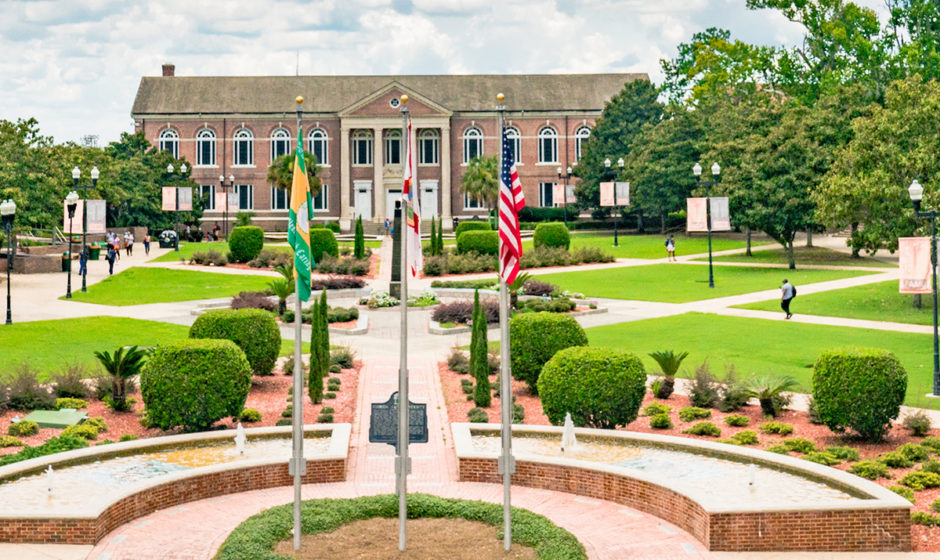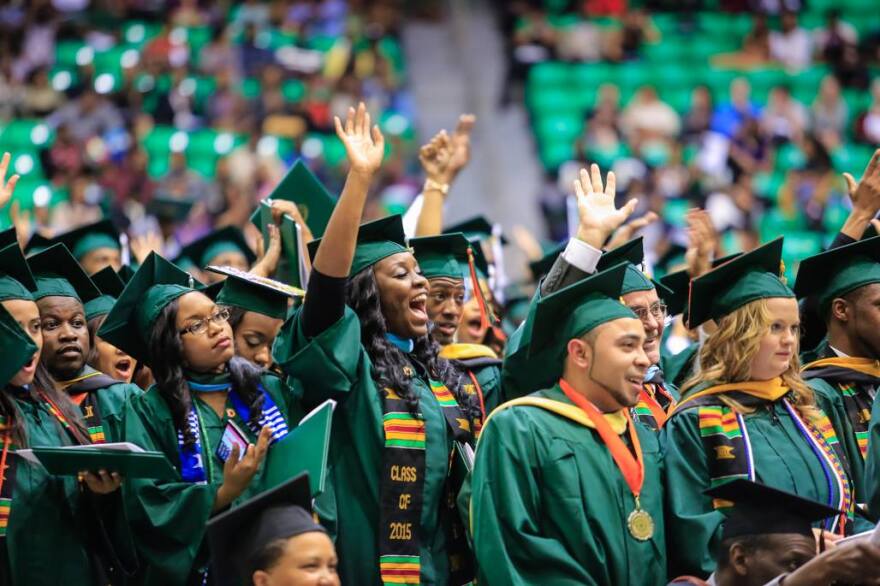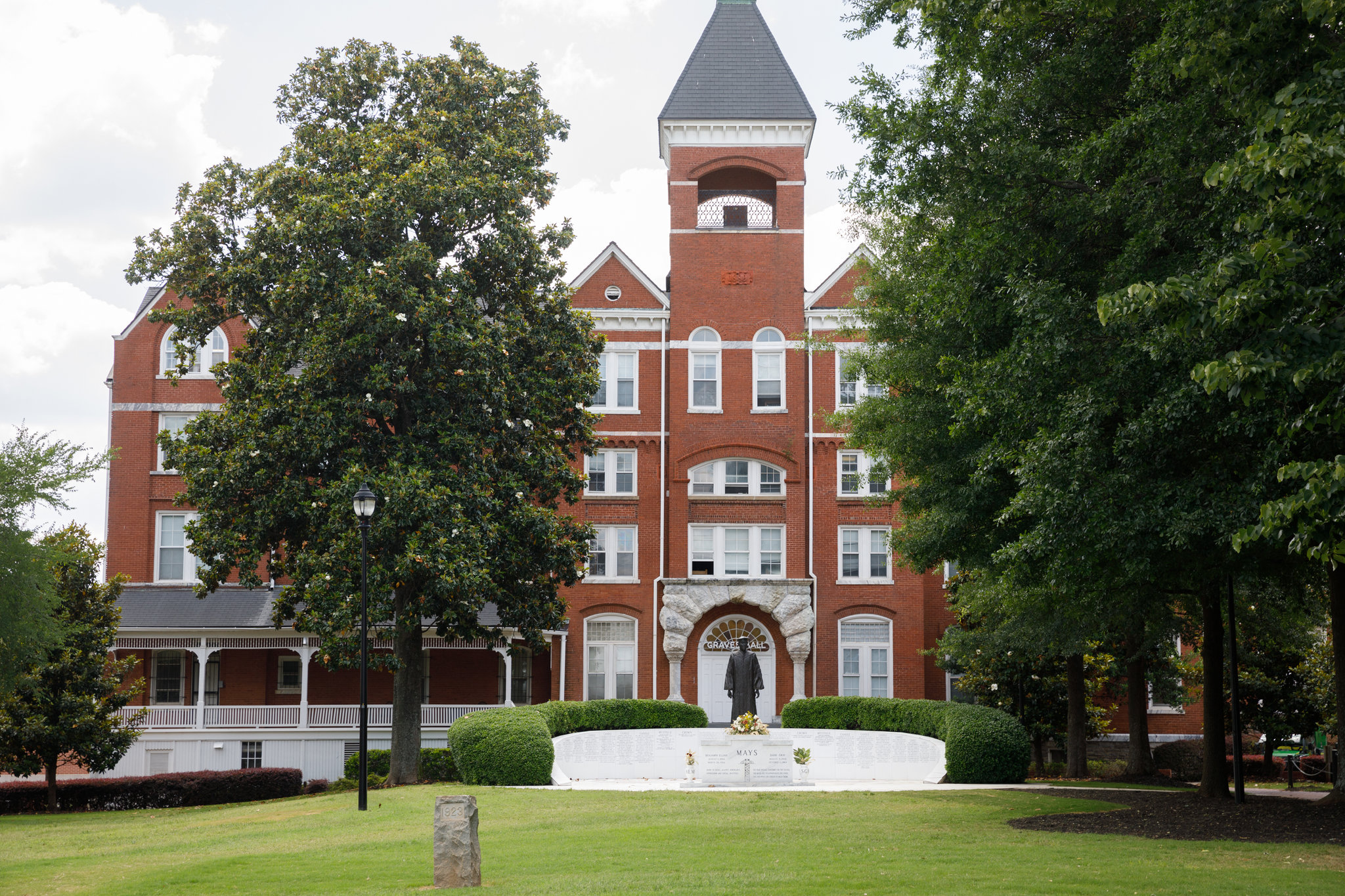
Explore HBCU – Morehouse College
Morehouse College is a private, historically black, liberal arts college for male-identifying individuals in Atlanta, Georgia.
Background
The Augusta Institute was founded by William Jefferson White, an Atlanta Baptist minister and cabinet maker, with the support of Reverend Richard C. Coulter (a former slave from Atlanta) and the Rev. Edmund Turney (an organizer of the National Theological Institute for educating freedmen in Washington, D.C). The institute specialized in educating African American men in theology and education, and was located in Augusta, Georgia in Springfield Baptist Church, the oldest independent black church in the United States. In 1879, the school moved to Atlanta and was renamed the Atlanta Baptist Seminary.
In 1906, John Hope became the first African American president of the college and led the institution’s growth in enrollment and academic prowess, seeking to provide an academically rigorous collegiate education. The school was renamed Morehouse College in 1913 in honor of Henry L. Morehouse who was the corresponding secretary of the American Baptist Home Mission Society. By 1929, Morehouse College, Spelman, and Clark Atlanta entered a newly affiliated university system that comprised the Atlanta University Center (AUC). In 1975, the Morehouse School of Medicine was founded, becoming a separate entity from Morehouse College in 1981.
Today, Morehouse College is one of the top nationally ranked colleges, advancing to number four on the list of HBCUs this past year. The school is the #1 HBCU producer of Rhodes Scholars and the #1 producer of Black men who go on to earn doctorates.
Programs & Opportunities
Part of the Atlanta University Center’s alluring appeal is the ability to take classes from the three institutions of Clark Atlanta University, Spelman College, and Morehouse College. Morehouse also offers the ARCHE’s Cross Registration Program that allows students at member institutions to broaden their academic experiences by registering for classes at other member colleges and universities—some of which include Agnes Scott College, Emory University, Kennesaw State University, SCAD, and much more.
On campus, through a 14:1 student-faculty ratio, Morehouse prioritizes the mentorship and interdisciplinary learning of its student and academic body. The college boasts seven vast academic divisions that offer more than 30 majors. This year, the college launched the only online degree program centered on the experiences of Black men, continued its record breaking fundraising, and expanded its notable small business development curriculum and engagement through the launch of the Center for Black Entrepreneurship.
To learn more about Morehouse College’s degree offerings, visit here.
Alumni Affairs
Morehouse prides itself on not only educating its students, but actively working to produce men of distinction. “From Nobel laureates to Oscar winners, Morehouse Men are in a class all their own.”
Some notable alumni include, but are not limited to:
- Rev. Martin Luther King Jr.—civil rights activist and Baptist minister—graduated from Morehouse College with a bachelor’s degree in Sociology.
- Actor and producer Samuel L. Jackson earned his bachelor’s degree from Morehouse in Drama.
- Physician and Public health administrator David Satcher graduated from Morehouse with a Bachelor of Science degree and was a four-star admiral in the US Public Health Service Commissioned Corps.
- Health policy leader, author, educator, and physician Louis Wade Sullivan graduated from Morehouse with a Bachelor of Science in Premedical Programs and also was a founding dean of the Morehouse School of Medicine.
Financial Information
For residential students, Morehouse College’s tuition is $27,038, while those taking part in the Online Degree Program can expect a charge of $14,400. The total cost of attendance before financial assistance or aid ranges from $35,102, $37,764, and $49,700 depending on if the student is online, living with parent(s), or living on or off campus, respectively.
Morehouse values every student member of its population, and works hard to assist in the acquiring of financial aid, scholarship opportunities, and payment options. Over 90% of students finance their education through a combination of scholarships, loans, grants, and work-study.
Conclusion
Morehouse College is one of four men’s colleges in the US, the only one of which is a four-year liberal arts college that has historically black roots and has an all male-identifying student body. The institution is among the top performers on social mobility, undergraduate teaching, and innovative schooling.
Learn more about Morehouse College and all that it has to offer and more here.
Sources:
- https://www.findmyhbcu.org/school/morehouse-college/
- https://www.morehouse.edu/about/our-history/
- https://digitalexhibits.auctr.edu/exhibits/show/morehouse150/early-history
- https://www.morehouse.edu/
- https://www.morehouse.edu/about/services-and-administration/registrar/academic-policies/
- https://inside.morehouse.edu/news/news-inside/us-news–world-report-morehouse-college-advances-to-no-4-hbcu-in-country.html
- https://www.atlantahighered.org/collaboration/cross-registration/
- https://www.usnews.com/best-colleges/morehouse-college-1582
- Martin: https://www.ajc.com/news/local-education/king-remaining-college-classmates-remember-the-young-leader/eWnYvAZBBMymI6Yz5hF1dK/#:~:text=King%20graduated%20from%20Morehouse%20College,The%20Rev.
- Samuel: https://www.cheatsheet.com/entertainment/samuel-l-jackson-got-expelled-from-college-for-holding-dr-martin-luther-king-jr-s-father-hostage.html/
- David: https://www.urmc.rochester.edu/community-health/news-events/satcher-improvement-awards/david-satcher.aspx
- Louis: https://perspectivesofchange.hms.harvard.edu/node/191
- https://www.morehouse.edu/admissions/financial-aid-and-scholarships/
- https://morehouse.edu/admissions/tuition-and-fees/cost-of-attendance/
Pictures:
- Morehouse Logo: https://dchbcu.org/chapters/morehouse-college/
- Morehouse Campus: https://www.nytimes.com/2019/05/22/us/robert-smith-morehouse-college-student-loan-debt.html
- Morehouse Men w Banner: https://inside.morehouse.edu/news/11/index.html
- Morehouse Grads: https://kids.britannica.com/students/article/Morehouse-College/330531

